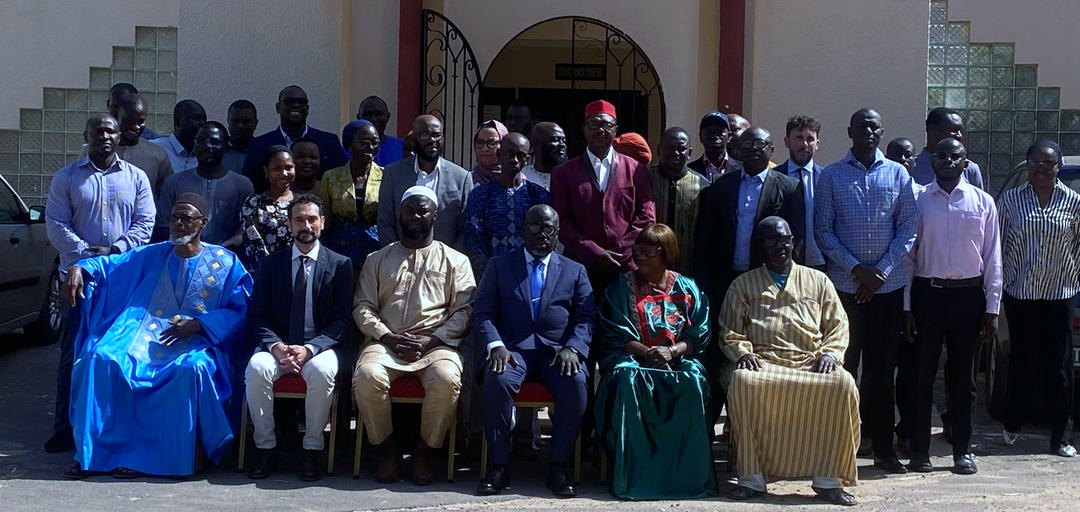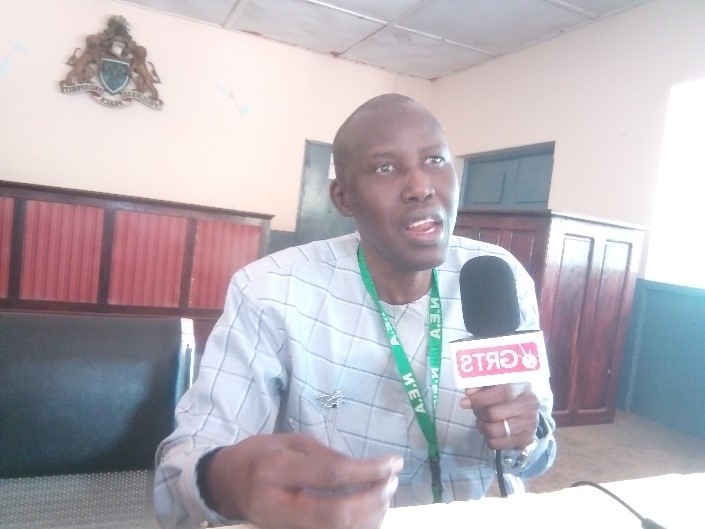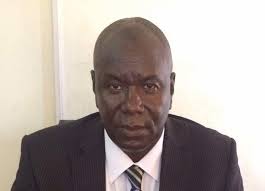By: Binta Jaiteh
The West Africa Coastal Areas (WACA) Resilience Investment Project 2 is set to protect over 200,000 residents of Kotu from the growing threat of floods.
Spearheaded by the Ministry of Environment, Climate Change, and Natural Resources, the project has contracted a joint venture consulting firm led by Hydro Nova to carry out feasibility studies and develop a detailed engineering design for the Kotu Stream flood mitigation plan.
A recent high-level technical meeting brought together project stakeholders, experts, local authorities, and community members to discuss the project’s progress and ensure community voices are reflected in its design.
The five-year initiative, funded by the World Bank, is part of a broader regional effort to strengthen the resilience of coastal communities across nine West African countries.
Dr. Muhammed Lamin Sanyang, Project Coordinator of WACA, emphasized the importance of inclusive participation, saying “We want to ensure from inception that the voices of the people and beneficiaries are heard. Their input is vital. The objective of the project is to build the resilience of these communities. Today, we have representatives from various communities, reflecting the diversity and inclusivity of this process. It’s essential that the consultant’s document is thoroughly reviewed. The significance of this gathering cannot be overstated—it is a key technical meeting.”
He urged participants to scrutinize the feasibility document carefully and raise relevant technical questions to ensure the quality and accuracy of the proposed preliminary design.
“I consider this phase the backbone of the entire assignment,” he added.
Maimuna Ndow Jarju, Director of the Central Projects Coordinating Unit (CPCU) at the Ministry of Environment, highlighted the government’s trust in the consulting firm’s capabilities.
“We selected this firm with confidence. Our national commitment to building resilience and reducing pollution remains strong. Communities along the Kotu Stream have long felt the impact of climate change—especially flooding, which has severely affected lives and livelihoods.
During the dry season, the foul odor in the area due to pollution is unbearable. No one should have to live in such conditions.”
She added that the ministry is focused on ensuring the project delivers high-quality results that will benefit both the local communities and the country as a whole.
Paolo Mastrocola, Team Leader at Hydro Nova, acknowledged the dedication of all those involved in the project saying “This is a collaborative effort between local and international partners. We look forward to the implementation phase, and together, we are committed to delivering a project of the highest standard,” he said.





